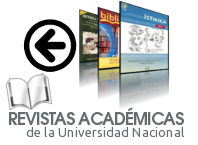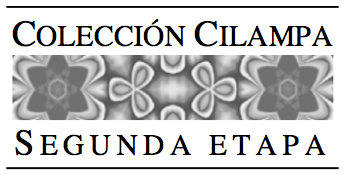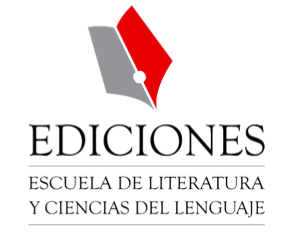Duration and Judgments in Discussing the Past: Implications for the Spanish as a Second Language Classroom
DOI:
https://doi.org/10.15359/rl.1-57.1Keywords:
español, segunda lengua, análisis de errores, aspecto verbal, Spanish, second language, error analysis, verb aspectAbstract
En este estudio se analiza el uso del imperfecto en las narraciones de un grupo de estudiantes universitarios, antes y después de un curso de español en situación de inmersión. Aunque la cantidad de errores de imperfecto disminuye en las categorías observadas, se muestra que, a pesar de la instrucción recibida y de la exposición natural al input, persisten ciertos tipos de error en las narraciones, en particular los errores de uso de imperfecto relacionados con los conceptos de duración y valoración.
In this study the use of the imperfect tense is analyzed in the compositions of a group of college students, before and after a Spanish course received in an immersion setting. Although the number of errors of the imperfect diminishes in the categories observed, it was shown that, despite the instruction received and the natural exposure to input, several types of errors are still present in the narratives. Errors in the use of imperfect related to the concepts of duration and judgment are particularly persistent.
Downloads
Published
How to Cite
Issue
Section
License
Principios básicos:
a) Los autores conservarán los derechos de propiedad intelectual de sus aportes o artículos;
b) Cada autor deberá indicar expresamente que ese artículo lo entrega, en calidad de exclusividad, a la revista LETRAS; y
c) La revista Letras se reservará el derecho de autorizar para fines académicos no lucrativos la reproducción y uso de ese material por parte de terceros, siempre que éstos indiquen expresamente la procedencia del artículo. Todo ello se postula en concordancia con la normativa de "Creative Commons Atribution License", recomendada.

This work is licensed under a Creative Commons Attribution-NonCommercial-NoDerivs 3.0 Costa Rica License.















